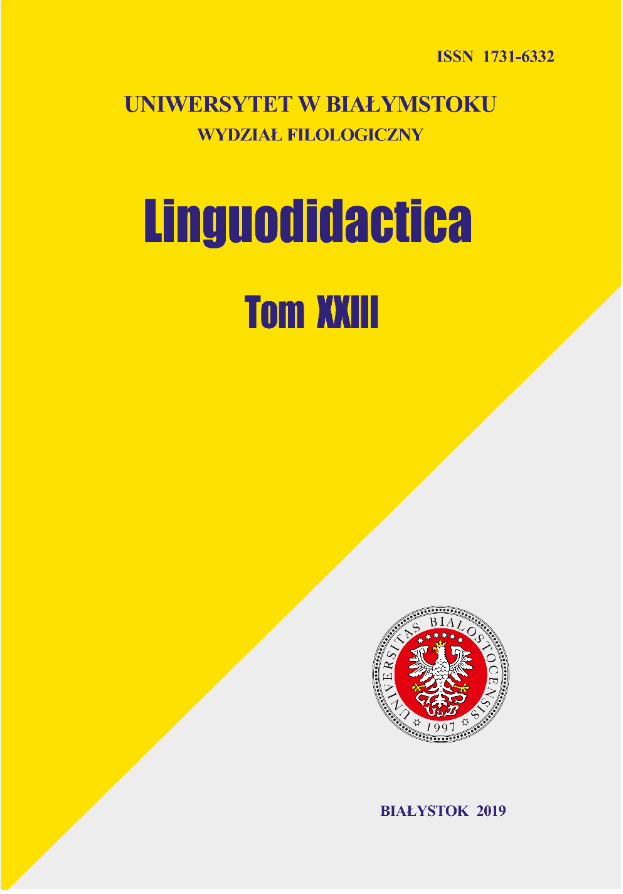Die diskursiven Strategien der habsburgischen Sprachpolitik in der Spätaufklärung – am Beispiel der galizischen Volksschulen
Discursive strategies in Habsburg language policies in the late enlightenment – based on the example of folk schools in Galicia
Author(s): Anna Maria HarbigSubject(s): Language studies, Language and Literature Studies, Theoretical Linguistics, Historical Linguistics
Published by: Wydawnictwo Uniwersytetu w Białymstoku
Keywords: Habsburg language policies; the status of German language in the Enlightenment; German language teaching
Summary/Abstract: At the end of the 18th century, in the Habsburg monarchy there was a fundamental change in the language profile of elementary education. The “Allgemeine Schulordnung” Act of 1774 brought compulsory German language education to schools in all provinces. This was contradictory to the established practice of teaching focused on the mother tongue and the language of religion. The introduction of German language required means of propaganda which would help to explain why linguistic conventions in the formof trans-regional languages of communication and Latin as a universal language, verified over the centuries in the Habsburg monarchy, were to be abandoned. The high status of Romance languages and widespread Slavic languages in the Habsburg monarchy led to expected resistance to the imposition of obligatory German language education. The article presents discursive strategies in the Habsburg language and educational policies that were in use after the enactment of the “Allgemeine Schulordnung” Act (1774) until its replacement by “Politische Verfassung” (1806).
Journal: Linguodidactica
- Issue Year: 2019
- Issue No: 23
- Page Range: 63-87
- Page Count: 25
- Language: German

